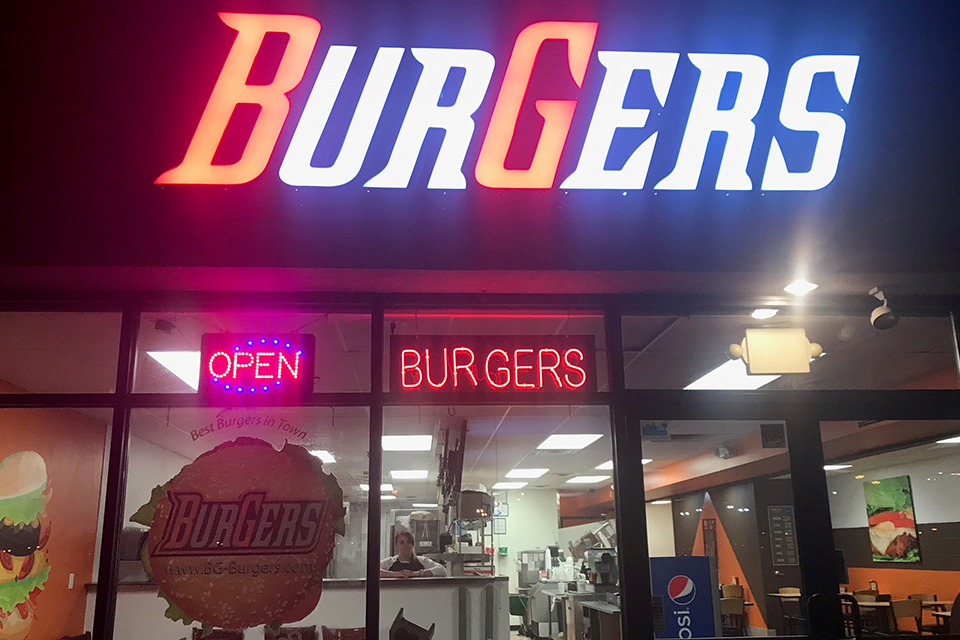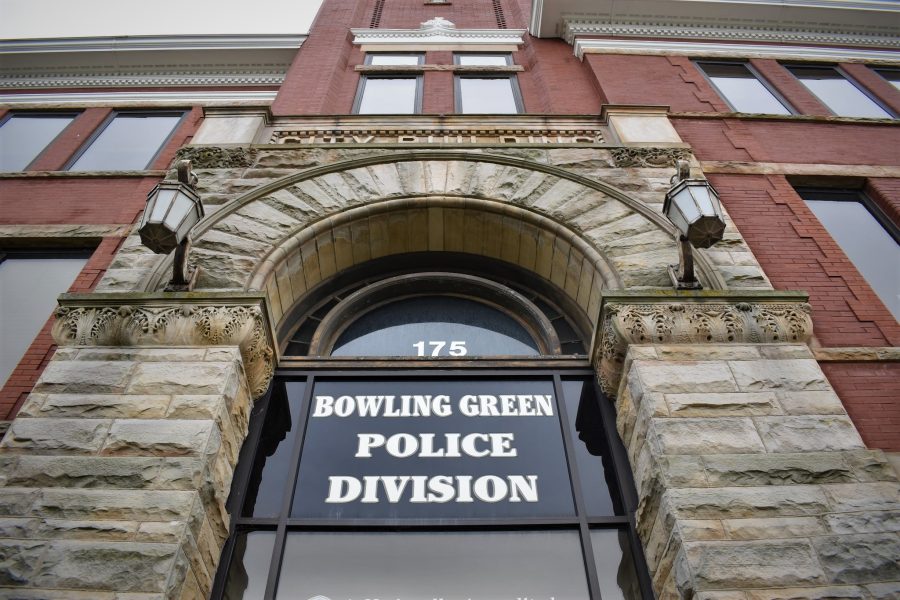Recreational marijuana is here – unless you’re under 21 or live on campus.
The state of Ohio legalized the selling of recreational marijuana on Aug. 6.
Dispensaries in the Bowling Green area hit the ground running with new opportunities since the starting line was marked nearly three months ago.
Local shops were exclusively for medical sales and now serve customers for “adult use”, which is more popularly known as recreational use.
Nectar Cannabis has Ohio locations in Cincinnati, Euclid and Bowling Green. Business is booming for Nectar Cannabis of BG, located at 1011 S Main St.
Zach Gergich, the manager and designated dispensary representative at Nectar, talked about the switch from medical to recreational.
“It changed a lot. I’ve been telling people on any given day we’re five to ten times busier,” he said.
Zen Leaf, BG’s other dispensary located at 1155 N Main St., is part of the rise in sales as well.
Grace Bondy, senior communications manager at Verano (the parent company of Zen Leaf), said that at multiple locations they’ve seen a common rise.
“Typically, we see a 2.5 times lift in retail sales following a medical-to-adult use conversion,” she said.
Before adult use became legal, Nectar was open five days a week, eight hours a day. This has drastically changed to support the demand, with current hours being 7 a.m. to 9 p.m., 365 days a year.
Certain products cannot be sold in Ohio dispensaries but are hoped to be sold in time. Items not sold in Ohio include rolling papers, lighters and pre-rolls.
Findlay and Perrysburg both have bans on dispensaries opening within city limits, meaning Bowling Green’s dispensaries are nestled in between two cannabis-destitute cities.
“We had times where we’ve done better in a week than we were doing in entire months,” Gergich said.
Michigan legalized recreational use on Dec. 6, 2018. Since then, nearly every roadside billboard has turned into an advertisement for the dispensaries popping up in the mitten state.
Ohio, however, will not allow billboard advertisements.
The Ohio Department of Commerce’s website outlines several advertising restrictions including but not limited to billboards, on a radio or television broadcast, on or in public transport vehicles and displays for marijuana that is visible from the exterior of the dispensary.
“There will be no billboards in Ohio, like what we saw happen to billboards in Michigan,” Gergich said.
He joked about wishing he owned a billboard in Michigan since the prices to advertise have gone up exponentially.
Dispensaries are not allowed to draw people to their locations with anything enticing, like food trucks or free items, and are limited in their advertising tactics.
“We are allowed to do signs, but they need to be a certain size,” he said. “No music or displays to draw attention.”
Regardless, students and residents will likely still shop at Nectar and Zen Leaf because they’re part of a marijuana oligopoly of Bowling Green.
“We’re wedged between two communities who don’t have access, and they won’t,” Gergich said.”
He said they see plenty of residents of Indiana, but not many Michiganders because the state rules are more flexible than Ohio’s. Gergich explained Ohio dispensaries still have a wide variety of stock.
“We deal with a lot of companies and a lot of different products,” he said. “We have 540 items on our catalog. We have so much more in backstock and just don’t have space.”
People who wish to consume marijuana and visit dispensaries must be +21.
Before entering, IDs are taken and run through a program to make sure shoppers are of legal age. The IDs are simply scanned to determine viability but are not kept on file.
“It is not a government database. We’ve had a few people worried about that,” he said. “Nobody knows that you came in here.”
Nectar additionally offers a veteran discount, but discounts for the everyday shopper are not yet available.
“The discounts are still goofy in Ohio. You have to offer a discount to medical patients if you’re giving them to recreational patients,” Gergich said.
Recreational buyers can consume marijuana off BGSU’s campus, but Falcons who live on campus are strictly prohibited from use.
According to a University statement, “Possession, use, or storage of controlled substances, including medical and recreational marijuana, by students, faculty, staff and visitors is prohibited on all BGSU campuses and premises, at University-sponsored events, events and programs, and while engaged in University business/work.”
While the laws in Ohio have been relaxed, marijuana is still illegal under federal law.
Until the next advancement in Ohio law, dispensaries will continue to sell their stock for medical and recreational use.
“We’re at least here, and we’ll keep moving forward,” Gergich said.





















